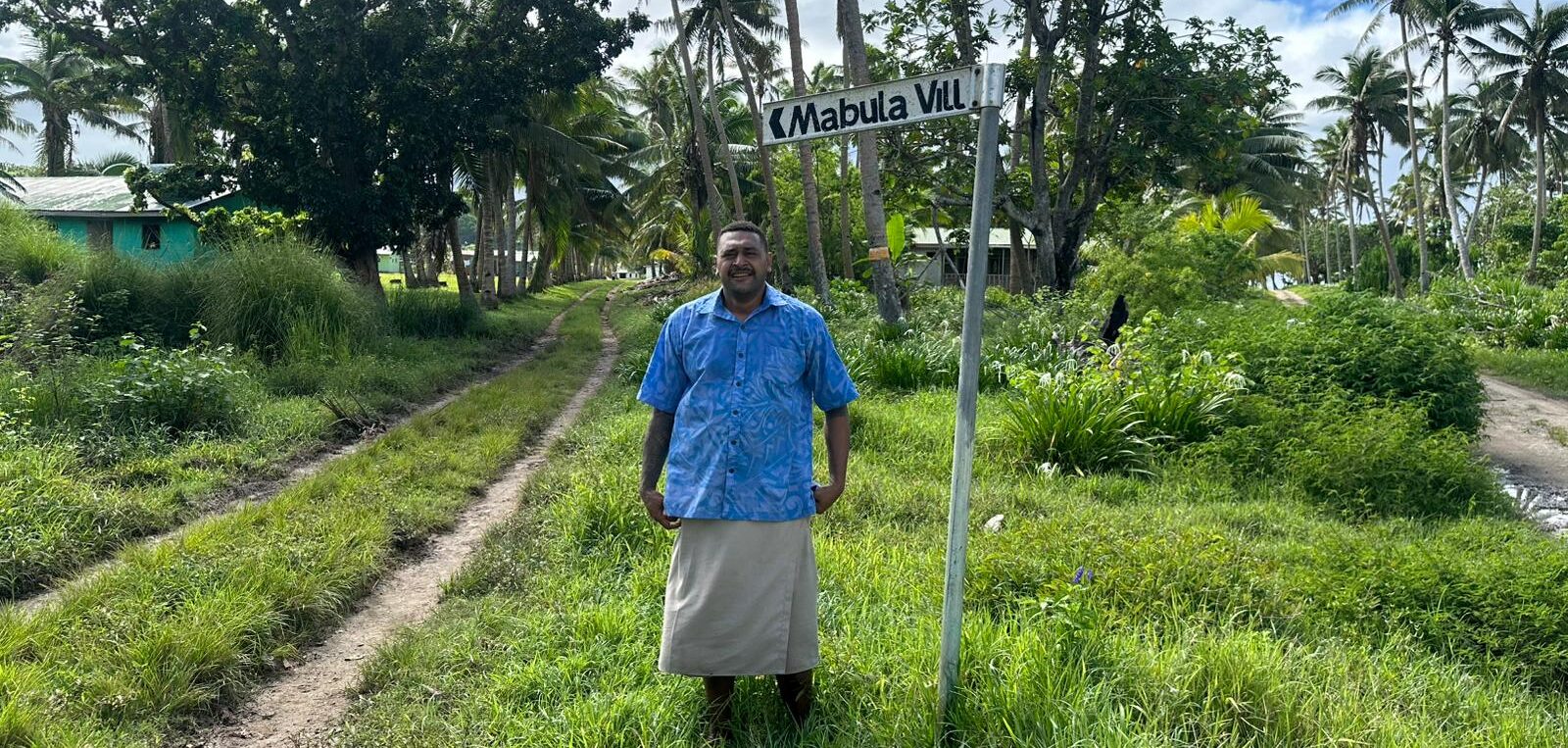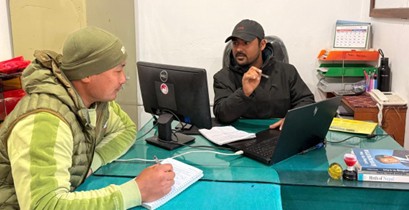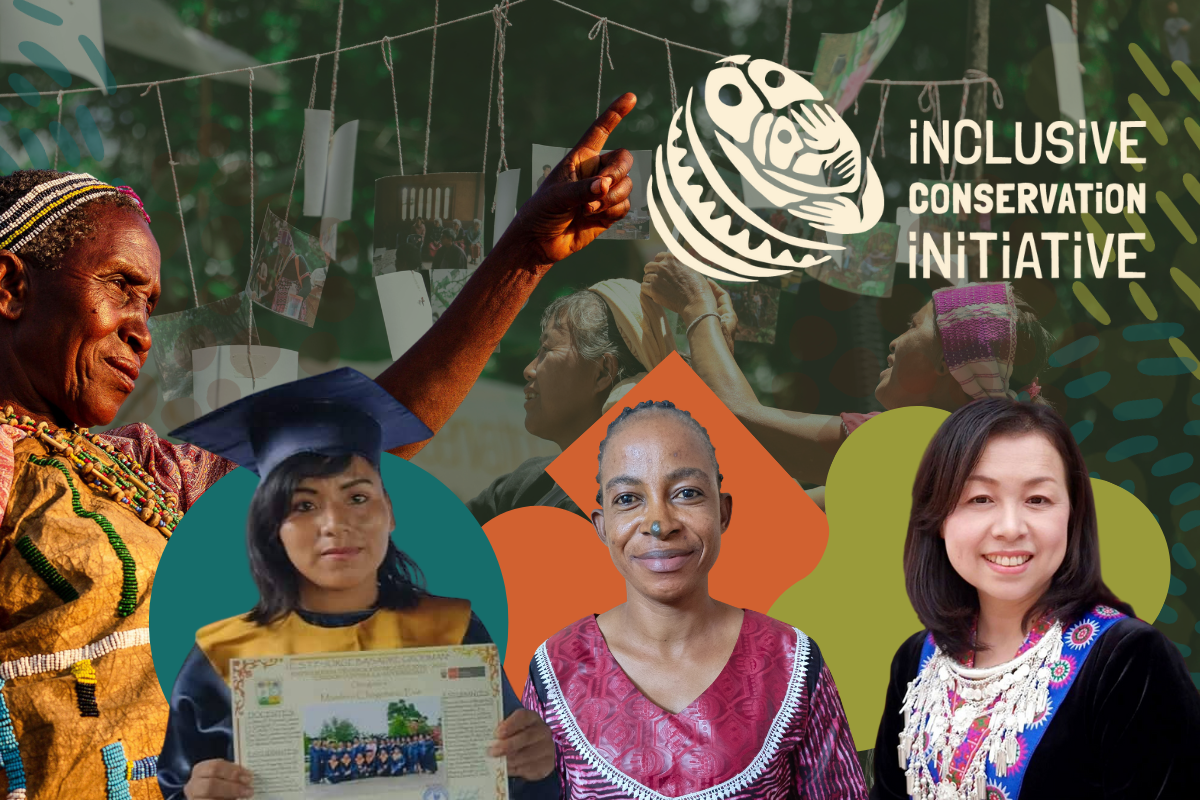
Date: October 9, 2025
Time: 4:30-6:00 pm
Location: Forum Event
Date: October 9, 2025
Time: 4:30-6:00 pm
Location: Forum Event
Data: October 10, 2025
Time: 3:00-3:45 pm
Location: GEF Pavilion
Date: October 11, 2025
Time: 2:00-3:00 pm
Location: Americas Pavilion
Date: October 11, 2025
Time: 6:00-7:00 pm
Location: Nature + Pavilion
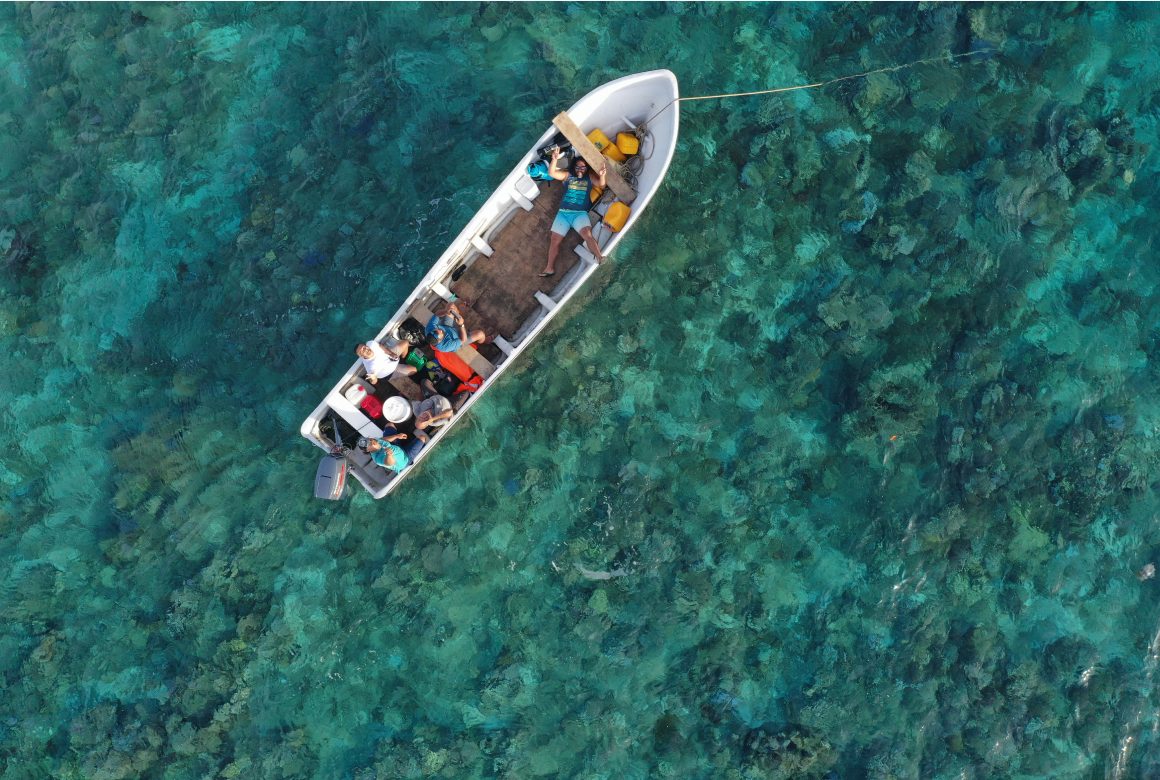
The GEF-7 Inclusive Conservation Initiative (ICI) works in partnership with Indigenous Peoples and Local Communities (IPs and LCs) in their continuing efforts to safeguard Earth’s natural ecosystems, recognizing the historical roles they have played in nature conservation. ICI works inclusively with IPs and LCs, their regional and local organizations, governments, NGOs, civil society, and others to further strengthen their capacity to conserve globally significant biodiversity and ecosystems.
Inclusive Conservation Initiative Phase Three Report 2024-2025ICI provides site-based investments in 9 geographies to prioritize Indigenous and local community organizations to take the lead in carrying out inclusive, culturally appropriate processes for decision-making and strategy development that they have defined, implementing activities within their respective territories, landscapes and/or seascapes. The ICI Indigenous-led initiatives will generate a range of governance, tenure, sociocultural, and livelihoods benefits.
In the Andean Cordillera, in the Futa Mawiza biocultural territory, an alliance of organizations dedicates its work to safeguarding the governance of the territory through a process of self-strengthening based on the Mapuche cosmovision, knowledge and traditional practices for the full exercise of Indigenous collective rights through two initiatives in Argentina and Chile. Read more…
In the Madre de Dios River basin in Peru, an ancestral tropical forest territory home to several Indigenous communities, the Native Federation of Madre de Dios River and tributaries (FENAMAD) advocates to legitimately represent and defend the collective will of all Indigenous Peoples of Madre de Dios, including those living in isolation and initial contact. Read more…
In Guatemala and Panama, a consortium of Indigenous organizations led by Sotz’il is working to foster the Indigenous use, management, and conservation of natural resources and to promote the Utz K'aslemal (el buen vivir – living in harmony) as a model of Indigenous life. Read more…
In Nepal, a key ecological hotspot where Indigenous Peoples have lived since time immemorial, the Nepal Federation of Indigenous Nationalities (NEFIN) advocates for the protection of Indigenous rights in the context of climate change. Read more…
The Indigenous Movement for Peace Advancement and Conflict Transformation (IMPACT) in the Kenyan rangelands supports Indigenous Peoples in securing recognition and inclusion. Read more…
The Thai consortium of organizations convened by the Indigenous Peoples’ Foundation for Education and Environment (IPF) works to promote Indigenous Peoples’ rights, including education, self-determined development, customary land use, and natural resource management. Read more…
The Bose Vanua o Lau in Fiji and the House of Ariki in the Cook Islands work together through ICI to advance Indigenous Peoples’ goals for sustainable resource use and management by strengthening coastal and offshore marine protected areas management, the restoration of degraded and terrestrial protected areas, and their resilience to climate change through the revitalization of traditional farming skills and knowledge. Read more…
Working through ICI in a globally significant ecological system of rangelands extending south and east of the greater Serengeti-Ngorongoro that supports a rich diversity of wildlife and people, the Ujamaa Community Resource Team (UCRT) aims to improve the lives of pastoralist, agro-pastoralist, and hunter-gatherer communities by empowering them to sustainably manage and benefit from the natural resources on which their livelihoods depend. Read more…
Alliance Nationale d'Appui et de Promotion des Aires et territoires conservés par les Peuples Autochtones et Communautés locales en République Démocratique du Congo (ANAPAC), a network of communities and grassroots organizations, is committed to strengthening, enhancing, and securing the areas and territories conserved by Indigenous Peoples and Local Communities. Read more…
Amplifying IPs' and LCs' voices and contributions to environmental policy formation is essential to assure that diverse perspectives of those who both experience the harshest consequences of environmental degradation and hold the best knowledge to address them are supported to self-determine solutions. It is crucial to ensure Indigenous women and youth have access to capacity building and support to engage in environmental policy discourse and influence.
Global Policy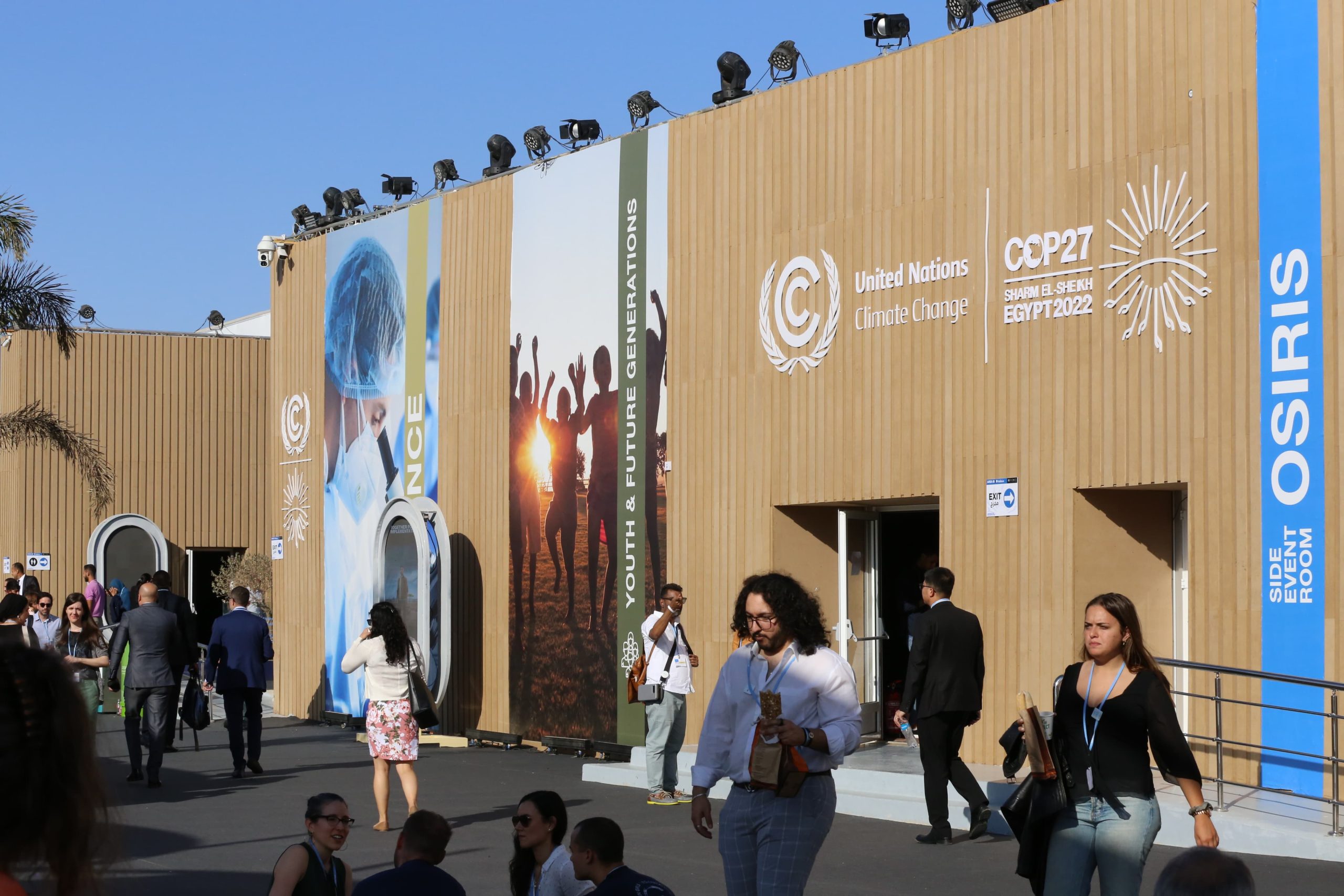
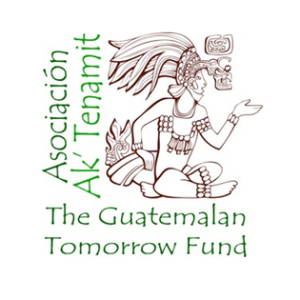
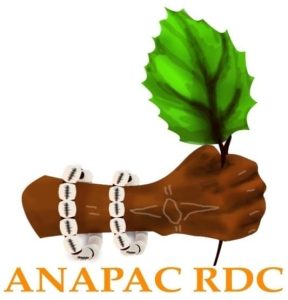
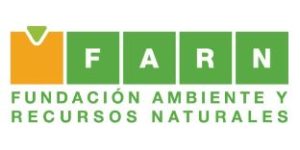
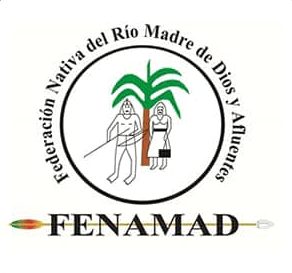
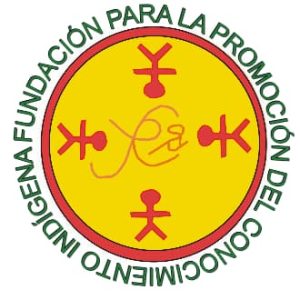

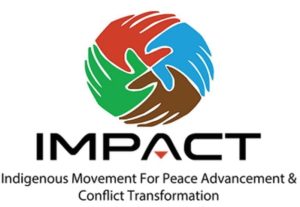
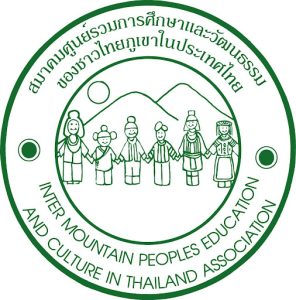
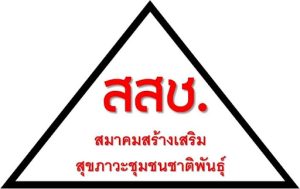
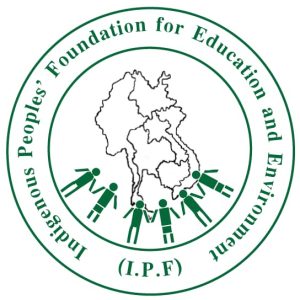
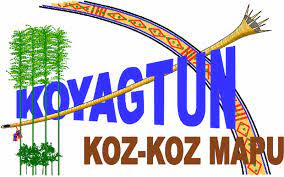
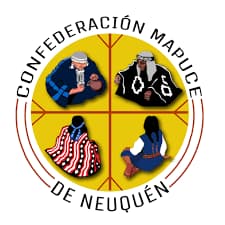
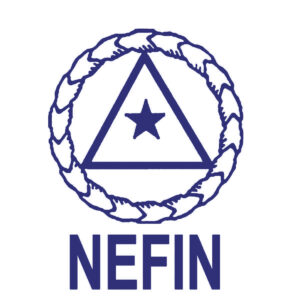
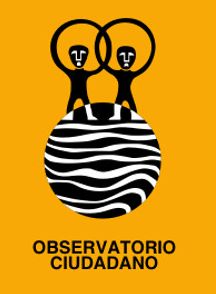

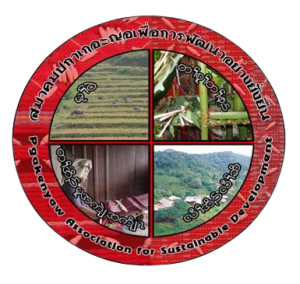
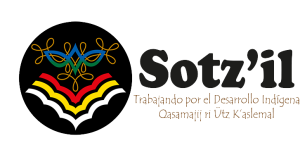

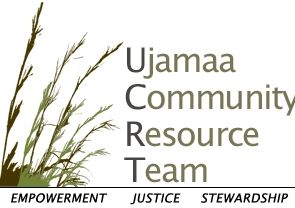
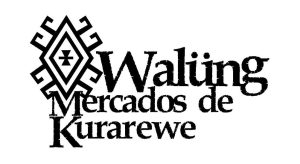
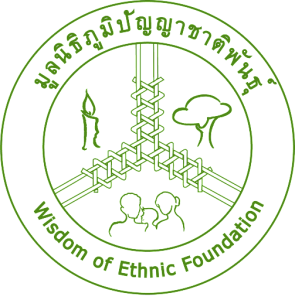
Phase 3 marks ICI’s transition from design to delivery, with Indigenous-led organizations across 12 countries directly managing conservation efforts at scale. The report highlights how Indigenous governance, gender-responsive systems, and culturally grounded monitoring are now shaping national policies and global agendas—offering a replicable model for rights-based, community-led conservation that works. With direct access to finance and decision-making power, they advanced land rights, governance, gender equity, and policy influence—proving that Indigenous-led action is critical to effective, scalable conservation.

